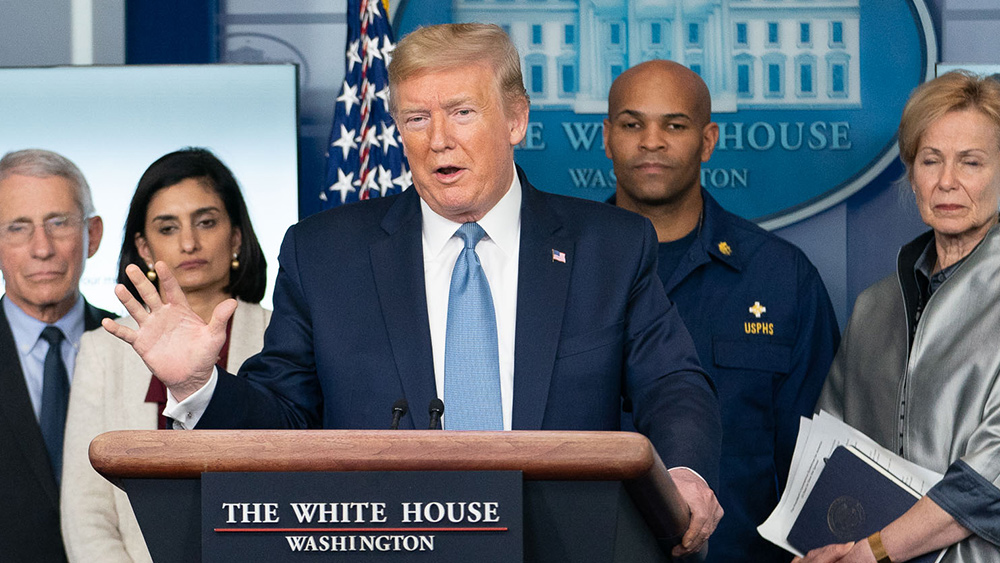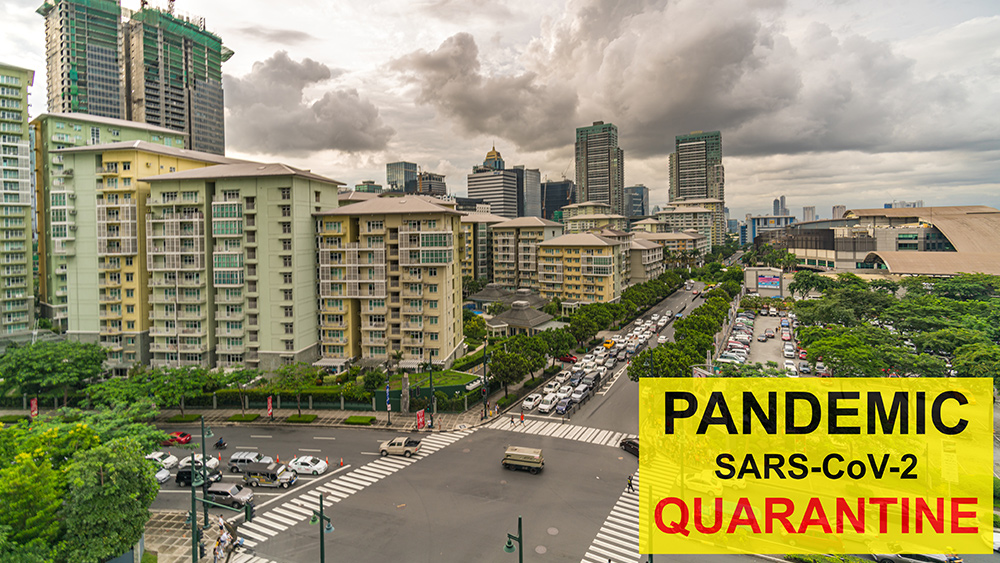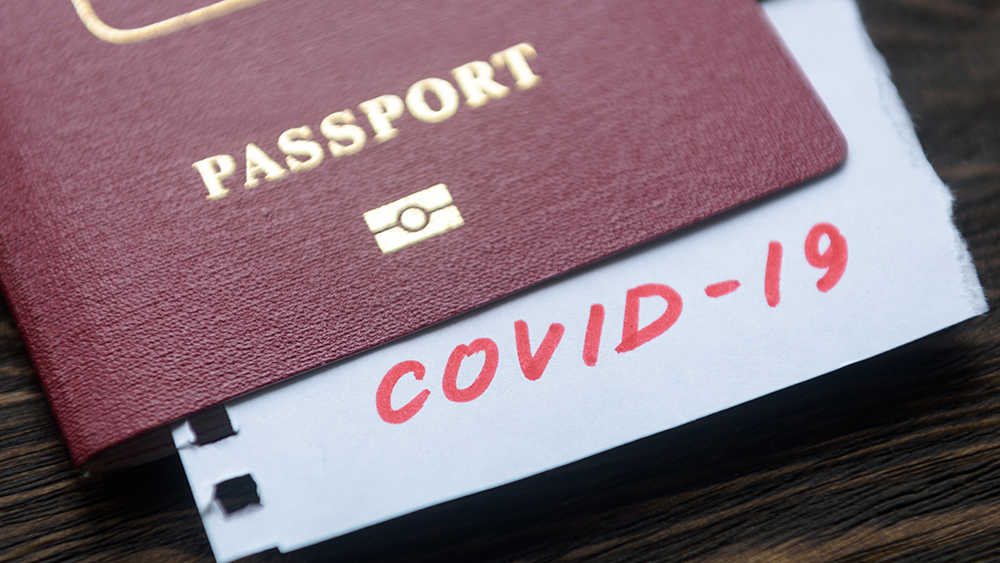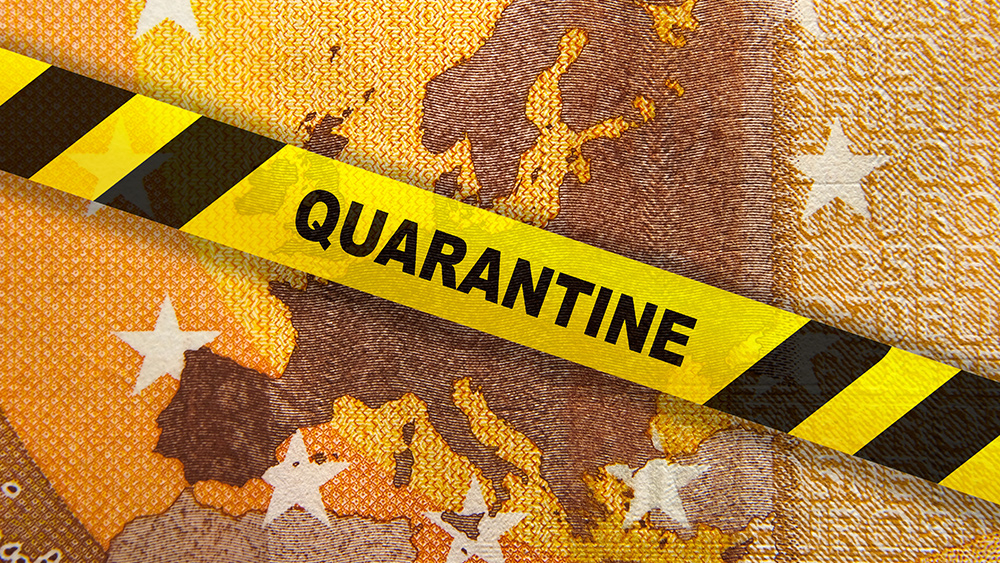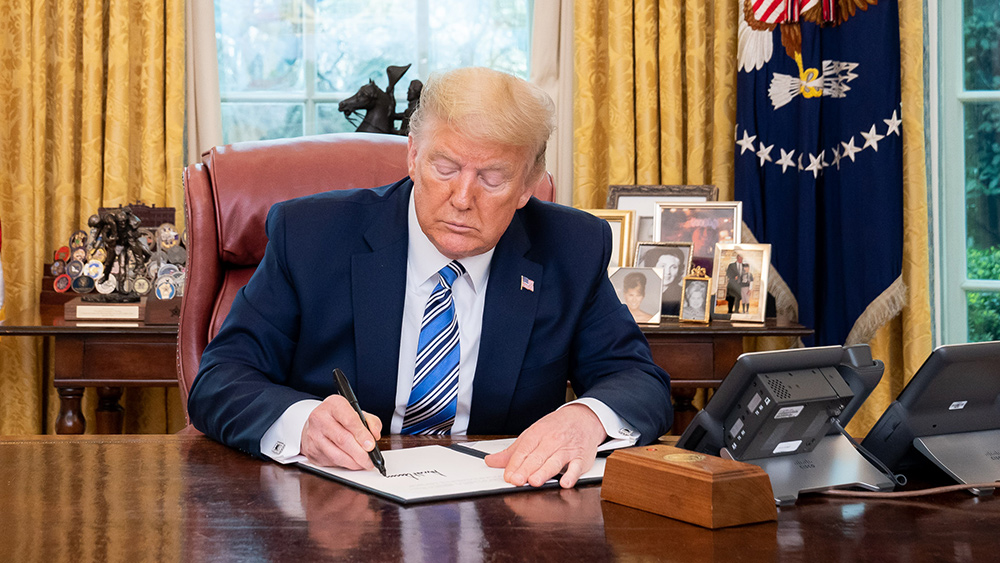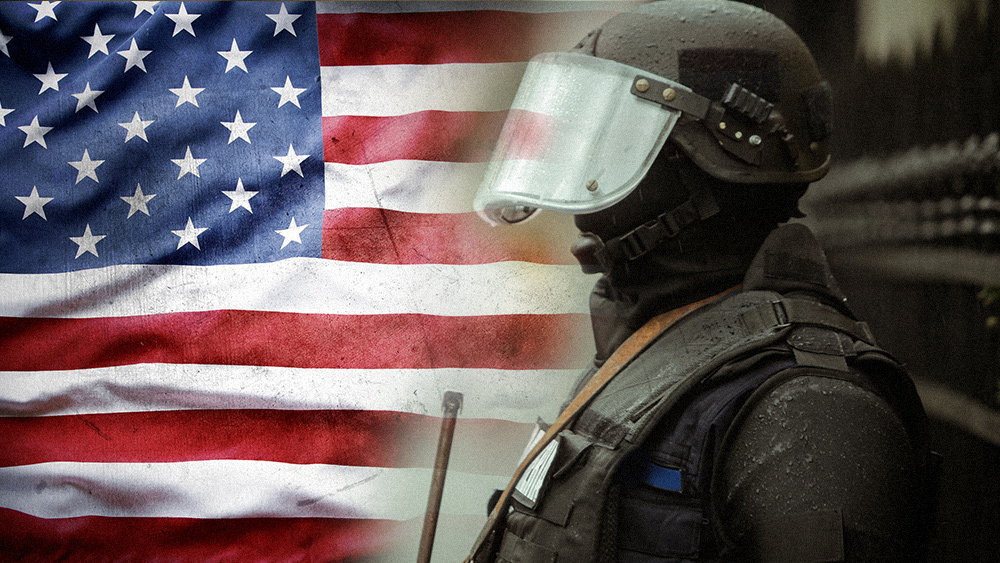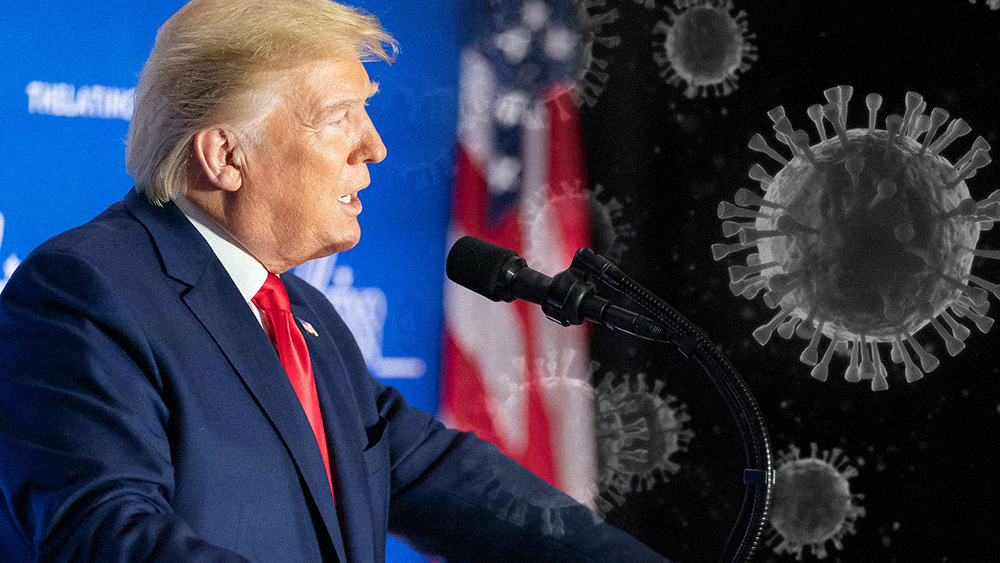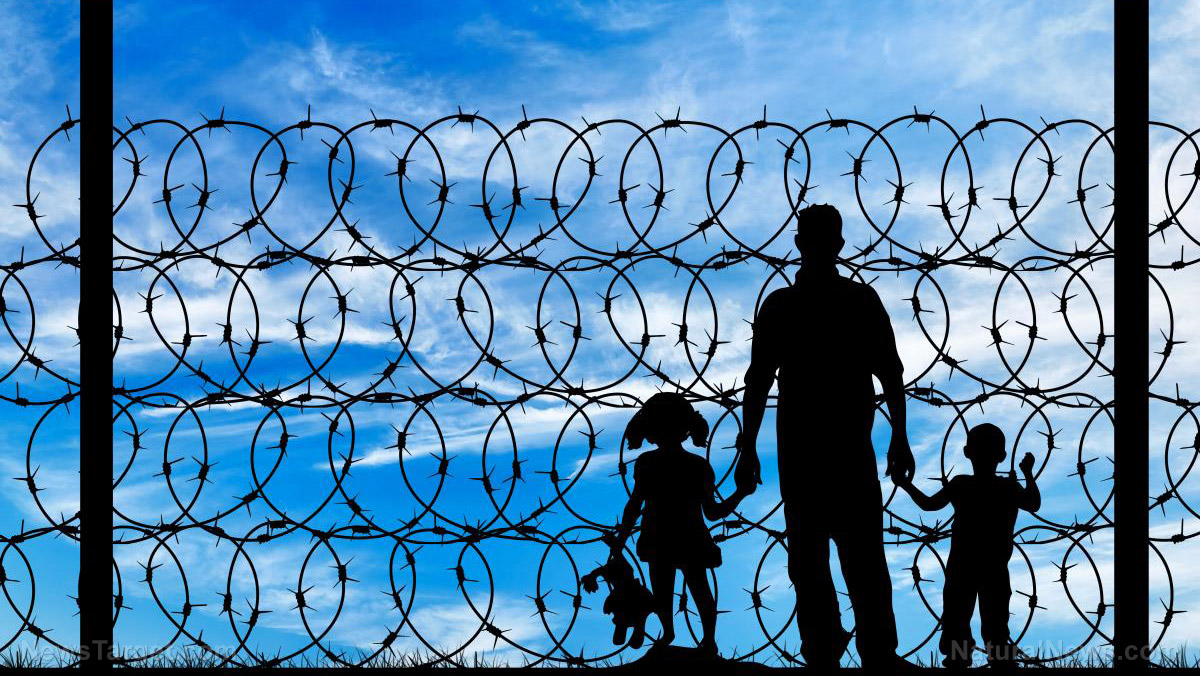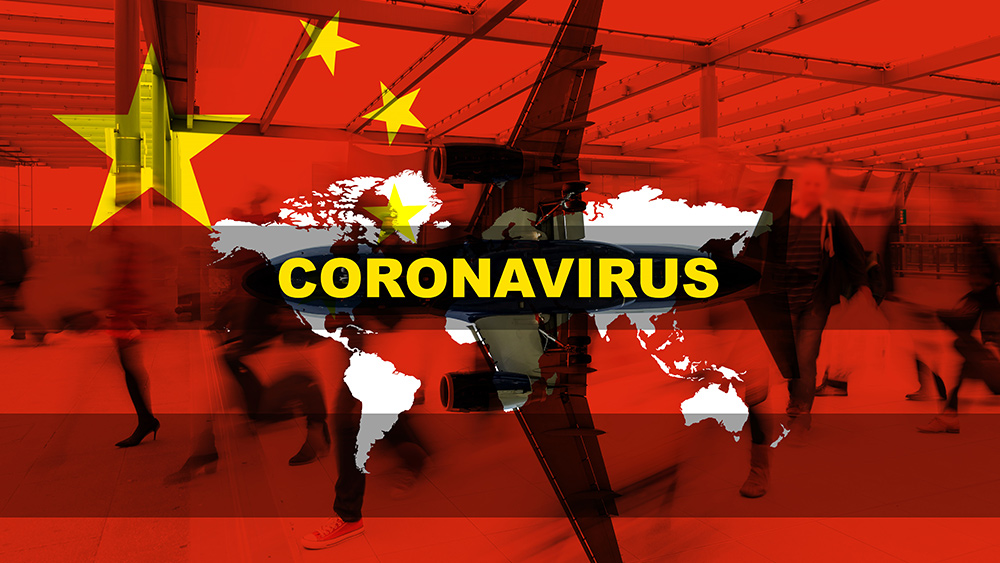Trump should have stopped all incoming flights from Asia back in February
04/07/2020 / By Ethan Huff

New data has been published to show just how quickly the Wuhan coronavirus (COVID-19) took hold in the United States as a result of travelers from Asia still being allowed to fly here when the pandemic really started to gain traction.
An ABC News investigation found that during the critical period of December 2019 through February 2020, some 759,493 people from China had entered our country unabated. And not long after, the virus created a national emergency all throughout our country.
“This is an astonishing number in a short period of time, illustrating how globalized our world has become,” says Dr. Vinayak Kumar, an internal medicine resident at the Mayo Clinic and a contributor to the medical unit at ABC News. “Just as people can hop continents with amazing ease, the infections they carry can, too.”
Among those who traveled here from China during that time, some 228,000 of them were Americans returning home for the holidays, including the Chinese Lunar New Year. Hundreds of thousands of these travelers were also Chinese nationals arriving in America for business, academics, tourism or simply to visit family.
“The numbers are clearly alarming,” says Dr. Simone Wildes, an infectious disease specialist at South Shore Health. “It shows that globalization is here, and we have to be better prepared to deal with the impact this will have on all our lives in so many ways.”
While we don’t know precisely how many of these travelers from China actually had the Wuhan coronavirus (COVID-19), it would seem as though a sizable number of them probably did based on how quickly this invisible enemy spread across the country.
“It is difficult to estimate the portion of travelers coming from China to the U.S. with COVID-19, but fair to speculate that a large number might have been infected at the time of travel,” Dr. Wildes added in a statement to ABC News.
Listen below to The Health Ranger Report as Mike Adams, the Health Ranger, talks about how the push to get everyone vaccinated with a future vaccine for COVID-19 is just more medical quackery in action:
Globalization is why this became a global pandemic in the first place
Had President Donald Trump simply shut off the flow of travel from Asia back around Christmas time, or at the very least implemented better screening protocols, we may not be in the situation we’re currently in as far as how severely the Wuhan coronavirus (COVID-19) has taken hold.
Most Americans are currently under lockdown, and many businesses, including “non-essential” leisure activities, remain closed – with no end in sight. And all of this could have been mitigated if Asian travelers had been told to stay where they were until further notice.
“The United States banned travel to China 12 days after the world heard there was an outbreak of severe pneumonia in Wuhan,” noted Dr. Todd Ellerin, the chief of Infectious Disease at South Shore Health and an ABC News consultant. “The problem was, it was too late.”
“Even though there had only been 12 confirmed cases in the U.S. on the day President Trump announced the travel ban, the reality was there were many more unconfirmed cases,” he added.
In addition to this onslaught of Asian travelers, the U.S. also saw 343,402 travelers from Italy during that same time, as well as 418,848 travelers from Spain, Italy and Spain being two of the countries that have been hardest hit by the Wuhan coronavirus (COVID-19).
Some 1.9 million travelers also came here from Great Britain, which is also seeing a major uptick in cases of the virus.
To keep up with the latest news about the Wuhan coronavirus (COVID-19), be sure to check out Pandemic.news.
Sources for this article include:
Tagged Under: ABC News, air traffic, Asia, China, Chinese Virus, coronavirus, covid-19, disease, Donald Trump, flights, global emergency, Global Pandemic, infection, infections, investigation, novel coronavirus, outbreak, pandemic, President Trump, quarantine, travel, travel ban, Trump, virus, Wuhan, Wuhan coronavirus
RECENT NEWS & ARTICLES
COPYRIGHT © 2018 BORDERSECURITY.NEWS
All content posted on this site is protected under Free Speech. BorderSecurity.news is not responsible for content written by contributing authors. The information on this site is provided for educational and entertainment purposes only. It is not intended as a substitute for professional advice of any kind. BorderSecurity.news assumes no responsibility for the use or misuse of this material. All trademarks, registered trademarks and service marks mentioned on this site are the property of their respective owners.


